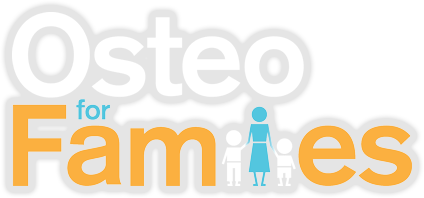Every time I open my mouth to talk or eat my Jaw hurts. I only ate a sandwich – why do I have TMJ pain? Headaches, neck pain, clenching teeth and jaw pain, how are they related?
Have you ever taken a bite out of a really big hamburger or had really chewy food and then had an ache or pain in your jaw? If you have, I’m sure you’ve noticed how much work your jaw actually does in everyday activities including eating and talking.
As osteopaths we commonly see patients who have pain in their jaws due to a strain from eating, stress, clenching their jaw or people who come to us for neck pain or headaches and its coming from the jaw.
Your jaw is just another joint with muscles and ligaments
Your jaw is a joint known as the tempromandibular joint (TMJ) which connects the jaw bone to your head and is a very complex part of your body with lots of muscles, ligaments, bones, fascia and other structures all working together to give you the ability to communicate and eat and drink.
You can strain a muscle in your leg with too much work, or injure a joint in your back when using it incorrectly, the muscles and joints of the tempromandibular joint are also susceptible to similar mechanisms of injury.
How is your jaw related to your neck?
Muscles and ligaments from your jaw often attach from different points along your neck. You also have fascia which covers areas of the front and back of neck, jaw and face.
When there are issues with a joint in your neck or back, often other structures such as tendons, ligaments or muscles may try to help compensate for the pain. That’s when we notice a loss of movement at the jaw.
The nerve supply to much of neck and jaw come from the nerves exciting through the top of your neck and that is why headaches from the neck and jaw can be felt over the base of the head.
When stressed or as a bad habit some people can grind their teeth or clench this can result in pain into the jaw, neck or head.
Because of the strong relationship between the TMJ, neck and head, symptoms of jaw pain can include pain, loss of movement or headaches.
How can an osteopath treat a jaw?
There are lots of different techniques osteopaths can use to help treat jaw pain including soft tissue to the muscles of your jaw, mobilisation of your jaw and neck, balance techniques for the bones of the face, jaw and neck as well as the fascia over the neck and face.
They may also advise the use of heat or cold to help with managing the symptoms and lifestyle changes.
What else can help?
If you are clenching because of stress, there are many ways to reduce and manage that stress – check out our blog on stress management https://www.osteo4families.com.au/osteopathy-blog-admin/2019/6/19/stress-why-do-we-need-to-manage-it-how-can-stress-affect-us-how-do-i-manage-my-stress. If stress is a contributing factor, it is important that it is addressed.
Osteopaths can be very helpful in treating jaw pain however if your pain is due to problems with your teeth such as a broken tooth or infection a visit to the dentist is important. And don’t forget to maintain good dental hygiene including regular dental check-ups.
How your Osteopath can help.
At Osteo for Families we know how uncomfortable and painful a jaw can be and how it can affect your life, not only with eating and talking but with sleeping, head movements, ability to sit at a desk and other things you do each day.
Our friendly osteopaths at Osteo for families will complete an assessment of your jaw and any related structures and offer treatment, advice and exercise to help you recover. You can call us on 0416 161 411 or visit our website to book an appointment or to ask us any questions https://osteo4families.cliniko.com/bookings#location.
Written by Mariella Berry
